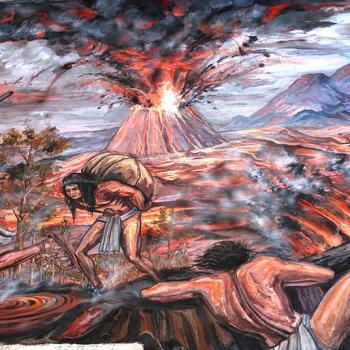Buddhism is the fourth largest of the world’s major religions with between 488 and 535 million practitioners worldwide. If you’re like most, you might associate Buddhism with vague notions of spirituality and the practices of meditation and yoga. But what’s it all about, really?
Most historians agree that Buddhism originated in northern India in the 5th century B.C.E. The tradition traces its origin to Siddhartha Gautama (or Gotama), who is typically referred to as the Buddha (literally the "Awakened" or "Enlightened One"). Siddhartha observed the suffering in the world and set out to find an antidote. Through meditation and analysis, he attained an enlightened state of being that marked the end of attachments (and therefore suffering), and ultimately, upon his death, release from the cycle of rebirth (samsara). The Buddha's teachings are often summarized in the Four Noble Truths, which form the basis of the first sermon he delivered after attaining enlightenment, and the Eightfold Path, which provides a basic guide for how to live in the world.
Watch the video below to learn more about the origins, history, and beliefs of Buddhism.
12/2/2022 9:04:52 PM




